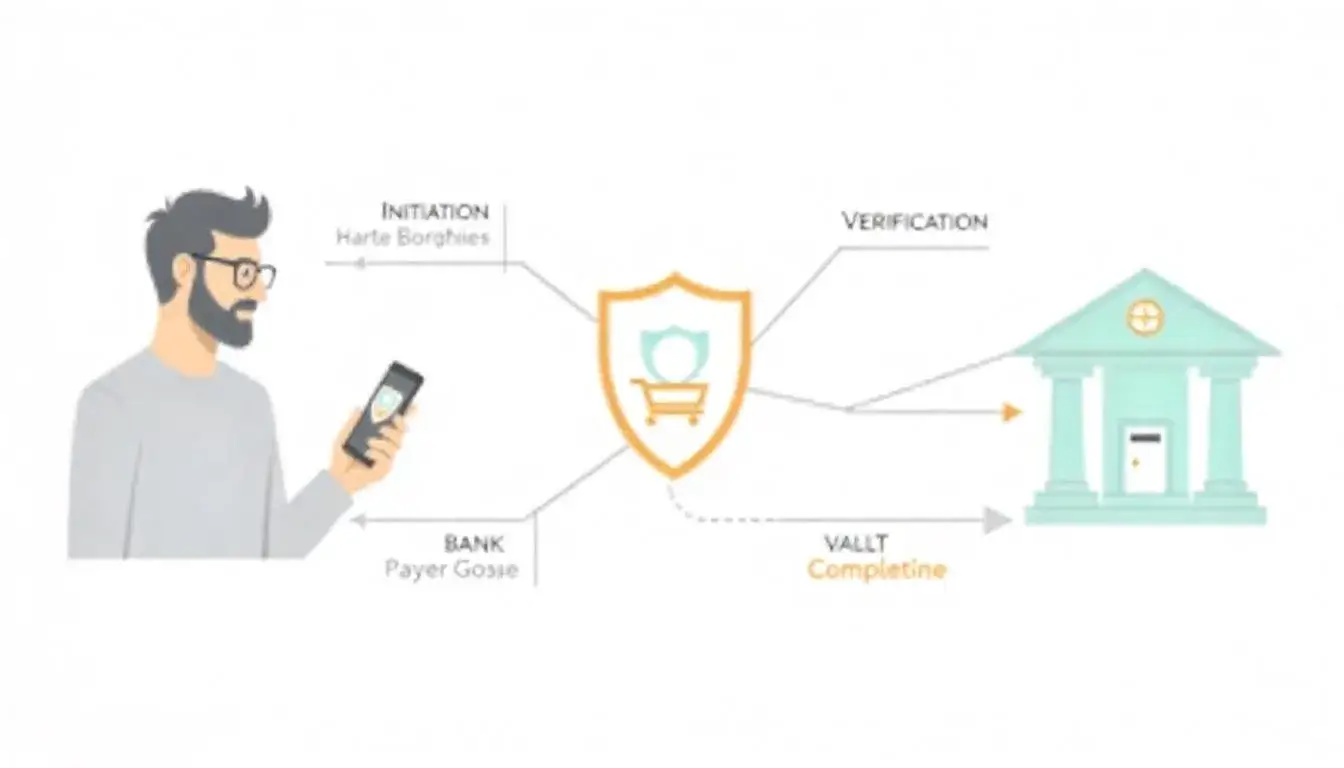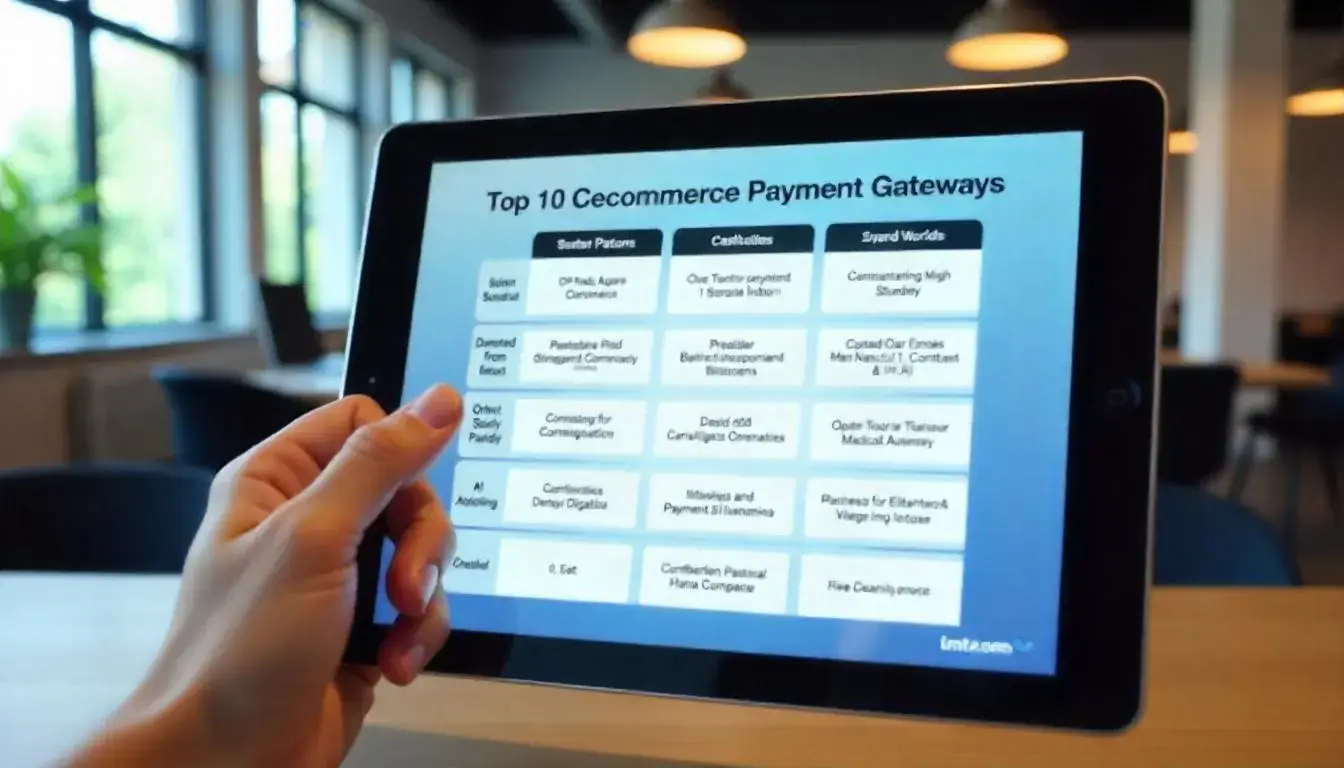Choosing the Right eCommerce Payment Gateway: A Comprehensive Guide for Small Businesses

Choosing the right eCommerce payment gateway is critical for small businesses looking to sell products or services online.
A payment gateway ensures that your transactions are secure, reliable, and smooth for customers. In this comprehensive guide, we’ll walk you through what payment gateways are, why they matter, and how to evaluate the best ones for your specific business needs.
Whether you’re just starting or scaling up, this guide provides actionable insights tailored to small businesses.
Understanding eCommerce Payment Gateways
What Is an eCommerce Payment Gateway?
How It Works: The Transaction Lifecycle
Payment Gateway vs. Payment Processor: Know the Difference
Why Small Businesses Need a Reliable Gateway
Key Features to Look for in an eCommerce Payment Gateway
Security Standards: PCI DSS Compliance
Multi-Currency and Global Support
Integration with Your eCommerce Platform (Shopify, WooCommerce, Magento, etc.)
Mobile Payment Capabilities
Customer Experience: Fast, Seamless Checkout
Transparent Pricing and Fees
Fraud Detection and Risk Management
Payout Schedule and Fund Settlement Time

Types of eCommerce Payment Gateways
Hosted Payment Gateways
Self-Hosted Payment Gateways
API-Based (Integrated) Payment Gateways
Local vs. International Gateways
Top eCommerce Payment Gateways for Small Businesses in 2025
PayPal
Overview
Pros and Cons
Ideal For
Stripe
Overview
Pros and Cons
Ideal For
Square
Overview
Pros and Cons
Ideal For
Authorize.Net
Overview
Pros and Cons
Ideal For
Shopify Payments
Overview
Pros and Cons
Ideal For
Comparing Payment Gateways: Feature-by-Feature Breakdown
Comparison Table (Fees, Setup, Support, Security, Integration, Payout Time)
Decision Matrix: How to Choose Based on Business Type

Common Pitfalls to Avoid When Choosing a Payment Gateway
Ignoring Hidden Fees
Not Considering Customer Preferences
Poor Integration with Your Website or Platform
Lack of Mobile Optimization
Overlooking Regional Restrictions
Real-World Case Studies
Case Study 1: A Boutique Clothing Brand Using Stripe
Case Study 2: A Local Artisan Marketplace with PayPal
Case Study 3: A Subscription-Based Model with Authorize.Net
Legal and Compliance Considerations
Data Privacy Laws (GDPR, CCPA)
Chargeback Handling Procedures
Tax Compliance and Cross-Border Regulations
Future Trends in eCommerce Payment Gateways
Rise of Buy Now Pay Later (BNPL)
Cryptocurrency Payments
AI-Powered Fraud Detection
Voice and Contactless Payments
Conclusion
Selecting the right eCommerce payment gateway is a strategic decision for small businesses. It affects not just your revenue but also your customer trust and brand reputation. By evaluating your options based on security, cost, integration, and user experience, you can set your online store up for success in 2025 and beyond.
Further Reading
Related Posts
How Electronic Commerce (E-Commerce) is Transforming Retail in 2025 Why Ecommerce Business Is the Best Startup Option Today Shopify Website Builder vs Competitors: Which One Wins? Top B2B Ecommerce Solutions for 2025: Powering Your Business Growth Top 10 eCommerce Web Design Agencies in 2025: Who’s Leading the Game?


Leave a comment